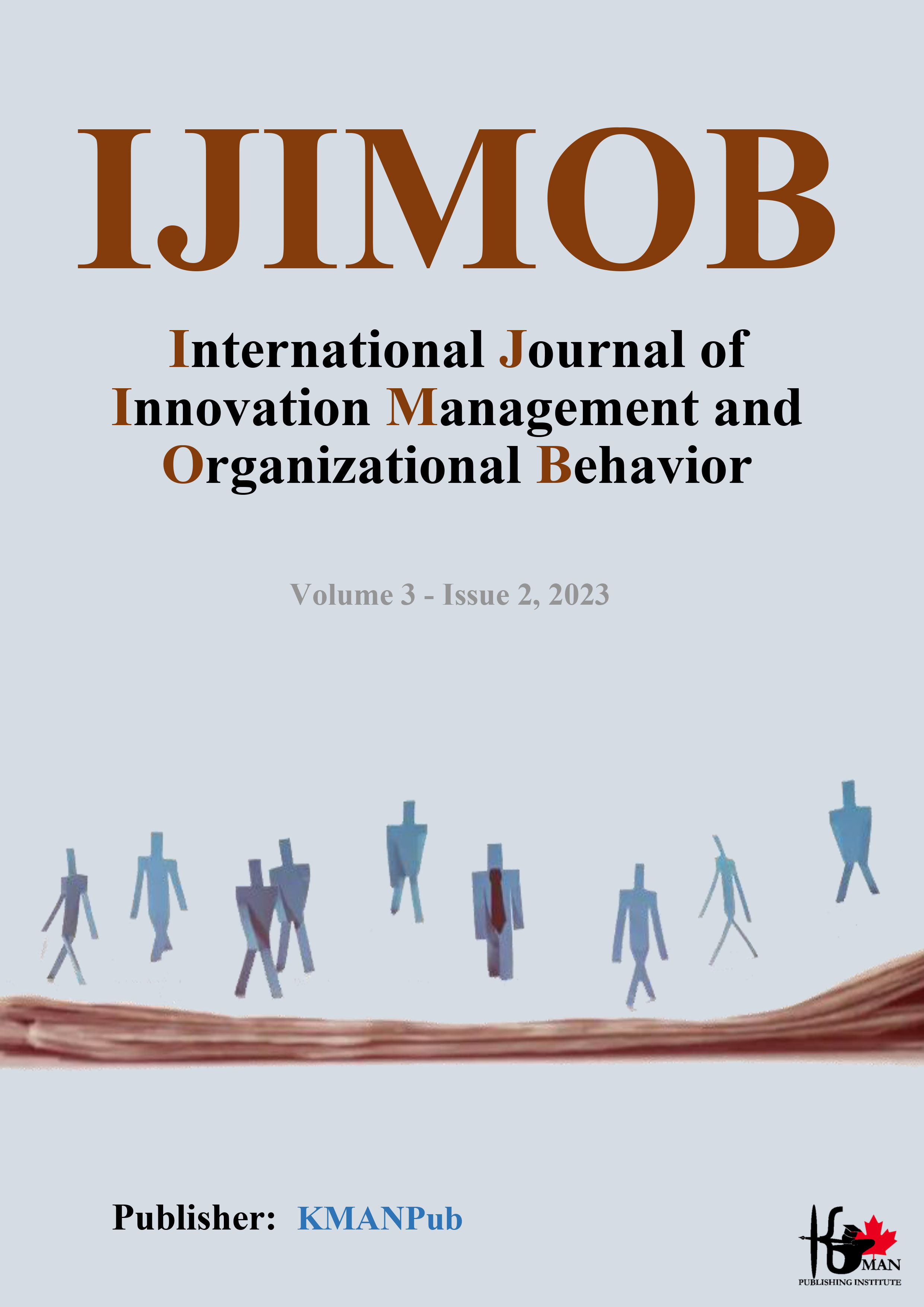Solutions and Obstacles to Civic Education in a Smart City
Keywords:
Strategies, Obstacles, Civic Education, Smart CitiesAbstract
Objective: This study aims to identify the strategies and obstacles for implementing civic education in smart cities.
Methodology: The research employs a qualitative approach, utilizing semi-structured interviews with experts, including academic professionals and senior managers from the municipalities of Tehran, Tabriz, and Mashhad. Theoretical coding was used to analyze the data collected from these interviews. MAXQDA software facilitated the analysis, enabling the extraction of relevant concepts and the categorization of strategies and obstacles related to civic education in smart cities.
Findings: The study identified several strategies for civic education in smart cities, categorized into managerial, organizational, individual, and educational strategies. Key strategies include managerial support for civic education initiatives, allocation of necessary budgets, provision of educational facilities, and fostering a learning culture within the municipal community. Additionally, the study highlighted significant obstacles, including the lack of professional trainers, insufficient creativity in educational delivery, inadequate budget allocation, and limited attention to social and economic development in designing civic education programs. Individual barriers such as insensitivity to the quality of education and lack of critical examination of educational values were also identified.
Conclusion: The findings underscore the importance of structured civic education programs in the development of smart cities. Effective civic education can enhance citizens' knowledge of new technologies and innovative processes, contributing to the overall efficiency and sustainability of urban management. Addressing the identified obstacles through targeted strategies can facilitate the successful implementation of civic education in smart cities, ultimately leading to improved social, economic, and political outcomes.
Downloads
Downloads
Additional Files
Published
Submitted
Revised
Accepted
Issue
Section
License
Copyright (c) 2023 Zahra Gholami (Author); Hamideh Reshadatjoo (Corresponding Author); Afsaneh Zamani Moghadam (Author)

This work is licensed under a Creative Commons Attribution-NonCommercial 4.0 International License.


























